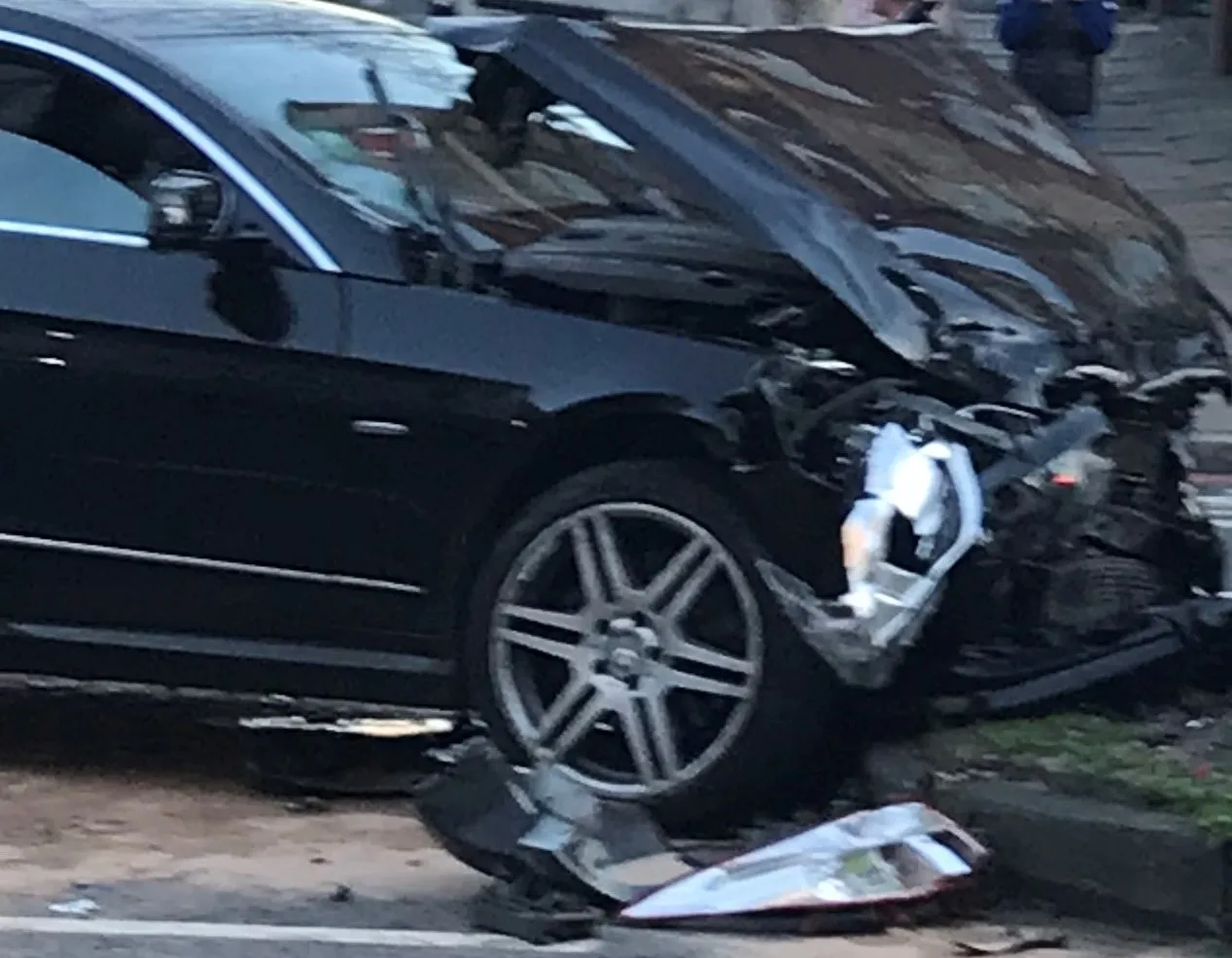Agreements are being reached that will see Pan-European enforcement of driving regulations. Drivers will now face being penalised for any offences committed in other European countries. The change is due on 7th November 2013. After this date EU Member States will commence the cross border exchange of data relating to road traffic offences. For this scheme to work, eight offences have been listed in the data exchange programme. These are; speeding, not using a seatbelt, red light running, drink driving, driv
August 27, 2013
Read time: 3 mins
Agreements are being reached that will see Pan-European enforcement of driving regulations. Drivers will now face being penalised for any offences committed in other European countries. The change is due on 7th November 2013. After this date 3287 EU Member States will commence the cross border exchange of data relating to road traffic offences. For this scheme to work, eight offences have been listed in the data exchange programme. These are; speeding, not using a seatbelt, red light running, drink driving, driving under the influence of drugs, not wearing a helmet (for a motorcyclist), using a cellphone at the wheel and entering lanes not open to general traffic.
This move has taken some political negotiation to achieve. There have been concerns over data sharing, while some countries were also using these negotiations as a means to broker other agreements on completely unrelated issues.
The move may also come as something of a shock to drivers in European countries where enforcement of laws is currently lax. When driving in countries where enforcement is much tougher such as the Scandinavian nations, the UK, Germany, the Netherlands and France (particularly regarding seatbelt use, driving under the influence or speeding), these road users will soon find they attract heavy fines.
The president of Pan-Eruopean police body,4753 TISPOL, Koen Ricour said, “We want motorists to comply with the rules of the road, wherever in Europe they may be driving. Those who do will have nothing to fear from the new legislation. Those who choose to flout the laws when away from their home country can now be dealt with, and will no longer be able to drive away from justice. We support the Directive as it provides police officers with an effective and much-needed tool. It also improves co-operation between police forces across the EU.”
A clear and informative guide to driving in each European country is included on the TISPOL website. Each guide, presented as an attractive downloadable PDF document, contains up-to-date details of speed limits, specific rules on drink-driving enforcement and other important information.
Driving rules do vary between European nations, something for which road users will have to be more aware than at present. There is little consistency with regard to speed limits both in urban environments and on highways. The way car drivers are expected to behave around vulnerable road users such as pedestrians or cyclists also varies from country to country. Drivers in some countries are required to carry emergency warning triangles, high visibility apparel and alcohol testing kits. And while the UK presently allows drivers a higher blood alcohol level than most other European countries, enforcement is much tougher than in most other nations.
Some other issues may yet have to be resolved; the problem of Europe’s many languages being one. Irish police encountered such a problem for example when booking a number of Polish drivers for various offences. Traffic officers diligently wrote down what they believed to be the name of the offending driver, only to discover they had instead copied the Polish word for driver’s licence. This was initially identified when it transpired that a large number of offences had been committed by the one person, which was then translated from the Polish as Mr Driving Licence.
This move has taken some political negotiation to achieve. There have been concerns over data sharing, while some countries were also using these negotiations as a means to broker other agreements on completely unrelated issues.
The move may also come as something of a shock to drivers in European countries where enforcement of laws is currently lax. When driving in countries where enforcement is much tougher such as the Scandinavian nations, the UK, Germany, the Netherlands and France (particularly regarding seatbelt use, driving under the influence or speeding), these road users will soon find they attract heavy fines.
The president of Pan-Eruopean police body,
A clear and informative guide to driving in each European country is included on the TISPOL website. Each guide, presented as an attractive downloadable PDF document, contains up-to-date details of speed limits, specific rules on drink-driving enforcement and other important information.
Driving rules do vary between European nations, something for which road users will have to be more aware than at present. There is little consistency with regard to speed limits both in urban environments and on highways. The way car drivers are expected to behave around vulnerable road users such as pedestrians or cyclists also varies from country to country. Drivers in some countries are required to carry emergency warning triangles, high visibility apparel and alcohol testing kits. And while the UK presently allows drivers a higher blood alcohol level than most other European countries, enforcement is much tougher than in most other nations.
Some other issues may yet have to be resolved; the problem of Europe’s many languages being one. Irish police encountered such a problem for example when booking a number of Polish drivers for various offences. Traffic officers diligently wrote down what they believed to be the name of the offending driver, only to discover they had instead copied the Polish word for driver’s licence. This was initially identified when it transpired that a large number of offences had been committed by the one person, which was then translated from the Polish as Mr Driving Licence.









